Baku. 23 February. REPORT.AZ/ Zaur Zakir oghlu Alakbarov is the live eyewitness of the Khojaly genocide. The tragedy happened when he was a teen. He lost 71 of his relatives at the age of 13. His aunts and their children were killed before his eyes. Below is the Report's interview with Zaur Alakbarov.
- What do you remember about the Khojaly genocide?
- I was born in Khojaly in 1979. We heard the sounds of fire almost every day from the moment the conflict with Armenians erupted. Armenians, with the support of Russians, shelled the village with Alazan and Crystal missiles. The city was guarded by a self-defense batalion composed of Khojaly residents. They had no heavy weaponry The city was surrounded from all sides. After the helicopter was knocked down on the way to Shusha, we completely lost the connection with Azerbaijan. We were obliged to boil and eat wheat. For a long time no one lived in their houses, hiding in the safer basements at nights. Our neighbors and relatives gathered in our basement because the basement in our house was big and safe. The sounds of shelling grew louder between 22.00 and 23.00. We were told to go to the school basement in the center because the basement there was more safe. Together with our relatives and neighbors, we moved towards the school. My mom was holding my younger brother in her arms and I was running with my dad, who was holding me by the hand. When we approached to the area, we saw people moving towards the Ketik mountain. Snow was everywhere around us. We were trying to get to Agdam from there. We were climbing up the mountain hurried by the sounds of shelling in the snowy weather. We heard the shouting of some of our neighbors, who moved ahead of us and were captured by Armenians. I turned back on the top of the mountain. The city was in blaze. And our house was also among those burning dwellings. We couldn't know that we would not return to that burning city.
- You will probably never forget those painful days...
- The dead bodies were as if scattered all around the snow. As a child I did not realize it like I do now. But I still remember that snow colored in red... On that day my mom was wounded in her leg. She tied up her leg with a towel and continued to move. People were moving in groups. In each group there were 2 or 3 fighters of the self-defense batalion. Most of them returned and tried to rescue people. The sounds of shelling were heard from time to time. We heard that Armenians captured the groups that were moving ahead of us. We hid among the trees for them not to hear our voices. Towards the morning we again started to move in direction of Agdam. We could also be taken hostage. But we didn't, because Armenians were distracted by the attack in Agdam direction. My younger brothers were too much scared. Though I was scared too, I did not show my fear and tried to console them. At least, I did not forget that I was an elder brother.
- Are there victims of genocide among your family members?
- My grandfather, grandmother, my aunts and their children, in general, 71 people from among my closest ones, were martyred. In general, most of those martyred in Khojaly were relatives.
- What do you feel on the anniversary of the Khojaly tragedy?
- Loss is felt not only on remarkable days, it is a feeling that is always with you. The only thing that differs the anniversary of the tragedy from other days is the great number of people who visit us and try to cheer us up. This all comes from the care shown to us by our friends, relatives and state officials.
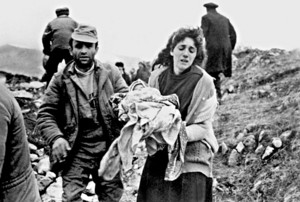
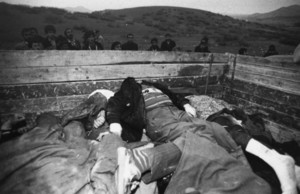
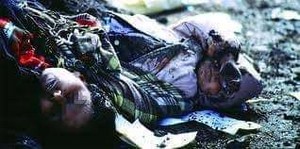
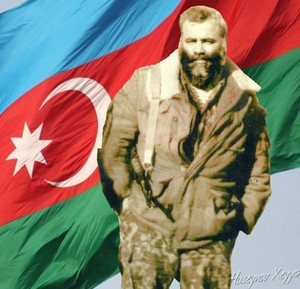
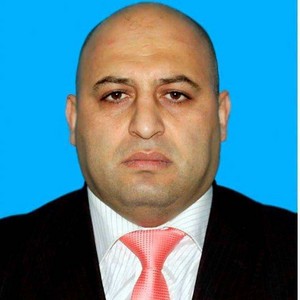


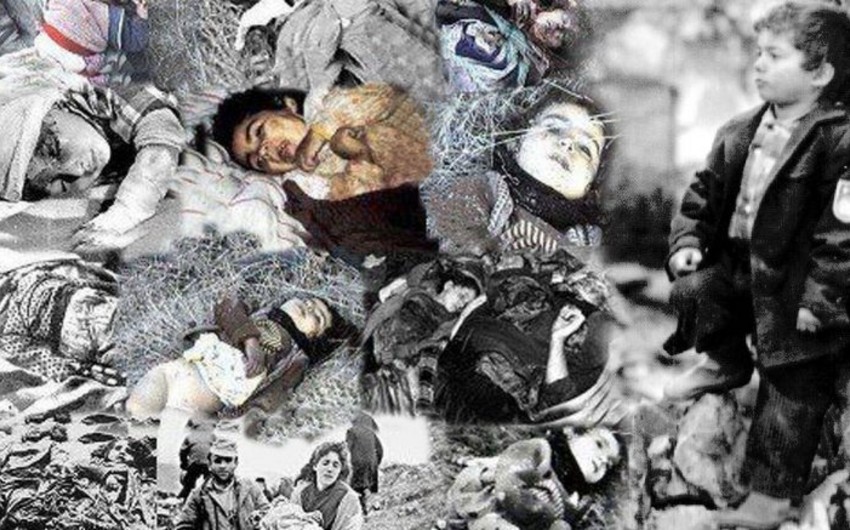 https://static.report.az/photo/12145acb-28a1-4e1c-abc9-87f43087d7ad.jpg
https://static.report.az/photo/12145acb-28a1-4e1c-abc9-87f43087d7ad.jpg

